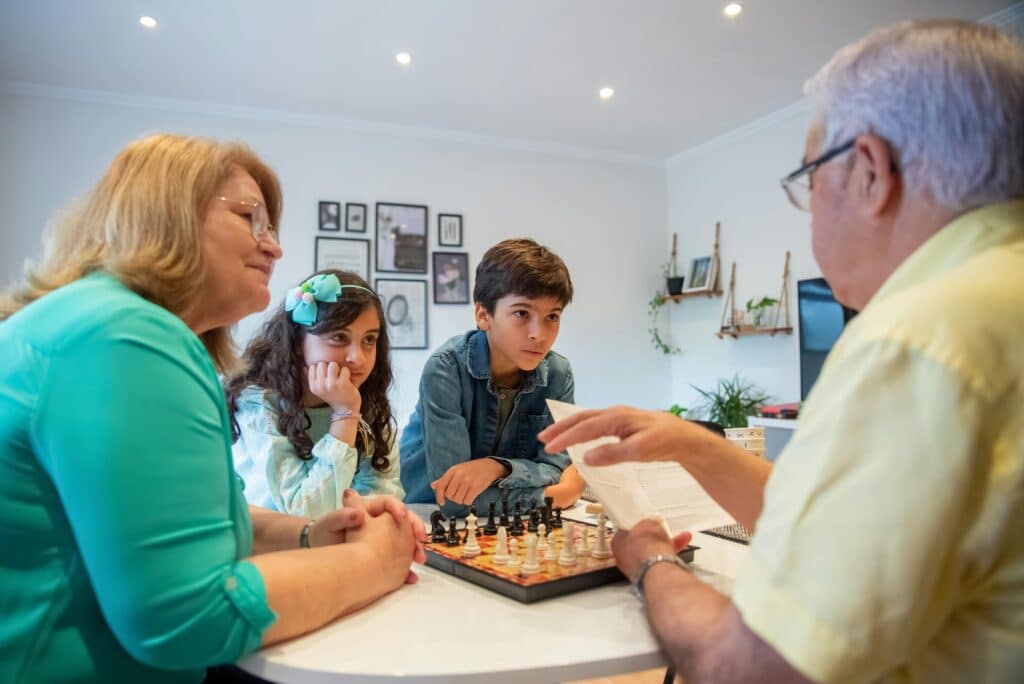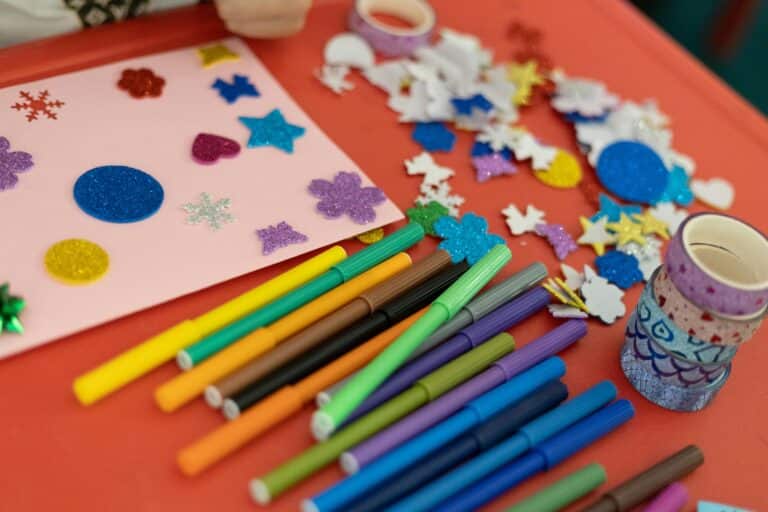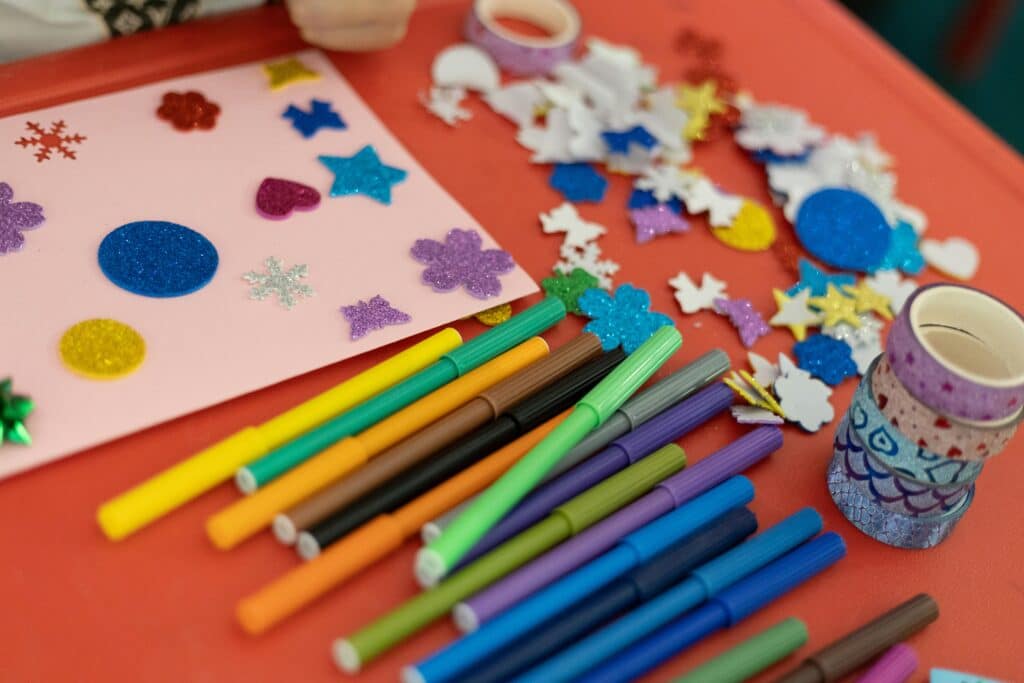Every few years, a quiet shift happens in how families approach learning. One of those shifts is happening right now – and you may not even realize it. It’s not flashy. It doesn’t involve screens that blink or buzz. But across kitchen tables in New York, living rooms in Texas, and study corners in Oregon, something old is becoming new again: children are playing chess. Not just in schools or clubs, but online – right from their homes. And parents are paying close attention.
This isn’t just a game. What’s happening is a growing movement of families turning to chess not as an extracurricular hobby, but as a serious way to shape how their kids think, focus, and grow.
The Numbers Don’t Lie
In 2020, online chess platforms saw a surge in users, but instead of tapering off post-lockdown, participation continued to climb. According to Chess.com, the platform hit over 100 million users by late 2023, with roughly one in four of those users being under the age of 18. A separate study by YouGov found that 62% of parents in the U.S. now see chess as a beneficial educational tool, with over 40% actively encouraging their children to play it weekly.
But the real shift isn’t in just how many kids are playing – it’s in where they’re playing. Offline chess clubs have always been strong in states like New York and California, but now, families in places like Nebraska, Utah, and Mississippi are logging into online platforms and seeking structured guidance. What was once a niche activity is now seen as a serious tool for raising smarter, more focused, more strategic kids.
Why Parents Are Quietly Turning to Chess
The game is simple to learn but hard to master. That’s exactly what makes it so powerful. At its core, chess teaches one key lesson: every action has consequences. That’s a message that resonates deeply with parents who are watching their children grow up in an instant-gratification world.
Kids who play chess learn that it’s okay to take time before making a decision. They learn to plan ahead, anticipate outcomes, and take responsibility for what happens on the board. For many parents, this is more than a game – it’s a life skill that shows up in schoolwork, social interactions, and even emotional regulation.
What’s more, chess is quiet. It invites calm, unlike most fast-paced activities kids are drawn to. It doesn’t reward speed, but depth. It gives kids a space where silence isn’t awkward – it’s powerful. And in homes where attention spans are shrinking and noise is constant, that calm matters.
Focus, Patience, and the Return of Deep Thinking
Many parents today share the same worry: “My child can’t sit still.” Schoolteachers echo it. So do tutors. It’s not because kids are lazy or disinterested. It’s because the world around them is loud, fast, and full of distractions. Homework is done while watching YouTube. Conversations happen while swiping through messages. Stillness feels strange.
Then comes chess.
No pop-ups. No music. No rewards every five seconds. Just two players, a board, and a question: “What’s your next move?”
It’s surprising how quickly children adapt to this environment. A child who once couldn’t finish a worksheet without wandering off begins sitting still for 30, 40, even 60 minutes – focused. Not because they were forced to, but because they wanted to. This isn’t magic. It’s training. Chess slowly teaches the brain to stay with a thought, explore it, and see it through. It teaches patience, because rushing leads to mistakes.
And these changes spill into the rest of life. Kids begin finishing assignments without reminders. They start thinking before reacting. They become more aware of how their choices shape outcomes – whether in class, with friends, or at home.
One parent of a chess student from Chicago described it like this: “My son used to be impulsive. He’s still energetic, but now, even in everyday stuff like packing his school bag, I see him pause for a second. It’s like he’s thinking three steps ahead.”
That’s chess thinking. And it sticks.
Online vs Offline Learning
While local chess clubs and school programs continue to play an important role, the biggest change we’re seeing today is unfolding online. Families who once had no access to coaches or tournaments are now discovering an entire world of strategy and growth – right from their living rooms.
This is where platforms like Debsie are quietly rewriting the rules. For a long time, chess was limited by location. If your town didn’t have a strong club or trained coach, your child simply missed out. But now, from the Bronx to rural Texas, kids are joining weekly sessions with national-level players, participating in global tournaments, and building friendships with teammates they’ve never even met in person – but still feel deeply connected to.
What makes this online shift so special isn’t just the convenience. It’s the personal nature of it. These platforms are often smaller, more focused, and built with real attention to each child’s pace. One parent from Michigan shared, “My daughter’s confidence soared when she started getting feedback from a coach who remembered her name and her favorite opening.”
Global School of Chess brings together something rare – the seriousness of tournament-level training with the warmth of a tight-knit community. It allows parents to stay involved, coaches to track progress closely, and students to grow without ever feeling lost in the crowd.
In many ways, this isn’t just about learning chess anymore. It’s about raising thoughtful, confident, and mentally strong children in a way that fits modern life. Not rushed. Not forgotten. Just quietly growing – one move at a time.
Strategic Thinking: A Lifelong Asset
Here’s what chess does better than almost anything else: it makes children think like planners. Every game is about seeing patterns, spotting traps, and building plans. And when a plan fails? You adapt. You try again. You figure out a different path to win.
That’s not just useful in chess. That’s business thinking. Leadership thinking. Life thinking.
In fact, many of the world’s best entrepreneurs and executives credit chess with shaping how they work. They talk about pattern recognition, decision trees, risk management – all things taught naturally by chess. So, when a parent sees their child quietly looking at a chessboard, they’re not just seeing a fun game. They’re seeing the early habits of a future decision-maker.
These skills don’t come from lectures or textbooks. They come from doing. From trying, failing, learning, and repeating.
In a world where everything feels instant, chess teaches the opposite: that long-term thinking wins.
For Kids With Disabilities, Chess Levels the Field
Another powerful shift happening quietly in homes is how chess is supporting children with learning differences. Kids who struggle with reading, writing, or even social cues often feel left out in team sports or group projects. Chess offers a different kind of playing field.
It’s one-on-one. It’s clear. It has rules that don’t change. That consistency gives children a safe structure, especially those on the autism spectrum or with ADHD. The board doesn’t move. The pieces behave in predictable ways. And the feedback is instant – if you make a move, you see what happens.
Many parents report that their child, who once struggled to express themselves, has found confidence through chess. The game doesn’t require long explanations or perfect grammar. It requires attention, patience, and thought. And that, often, is enough to help a child feel seen, capable, and proud.
What’s more, children with physical disabilities – even those using advanced prosthetics – are finding the game deeply accessible. In fact, adaptive tools and tech have made it easier than ever for kids with mobility challenges to play chess at the same level as anyone else. And for many of them, especially those who’ve gone through physical rehab or prosthetic training, the calm, step-by-step rhythm of chess feels almost therapeutic. It’s not about how fast they move, but how clearly they think. The playing field isn’t just level – it’s welcoming.
There’s something deeply moving about watching a child who’s been told they’re “difficult” or “behind” look up from a chessboard, victorious, knowing they won through thinking.
That’s not just good parenting. That’s good life preparation.
















